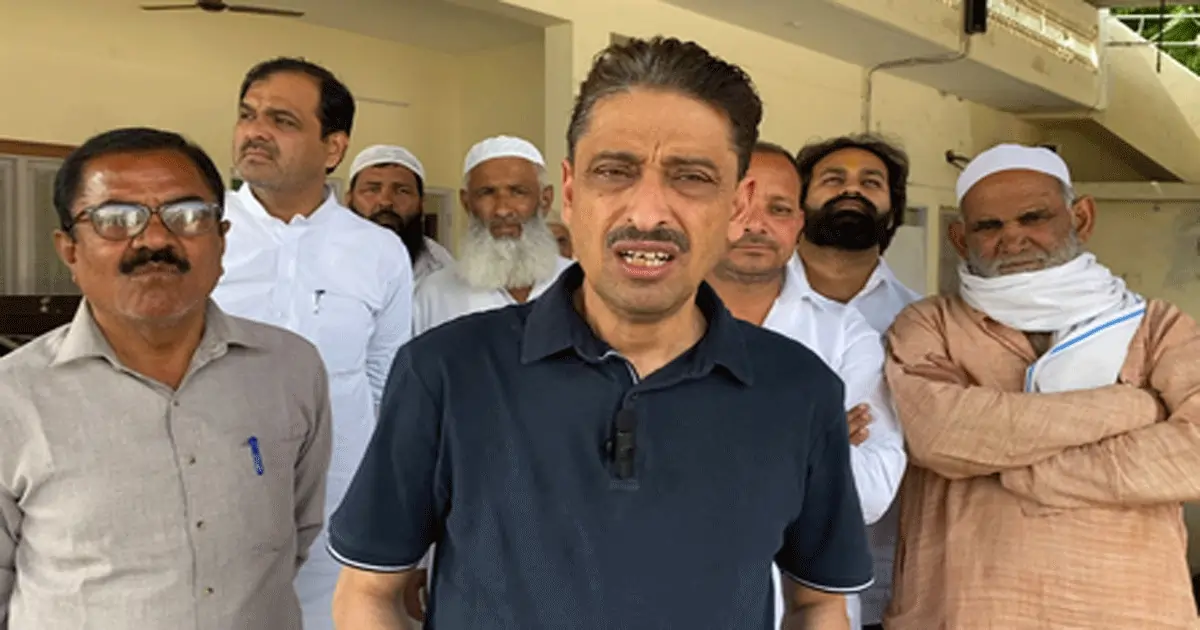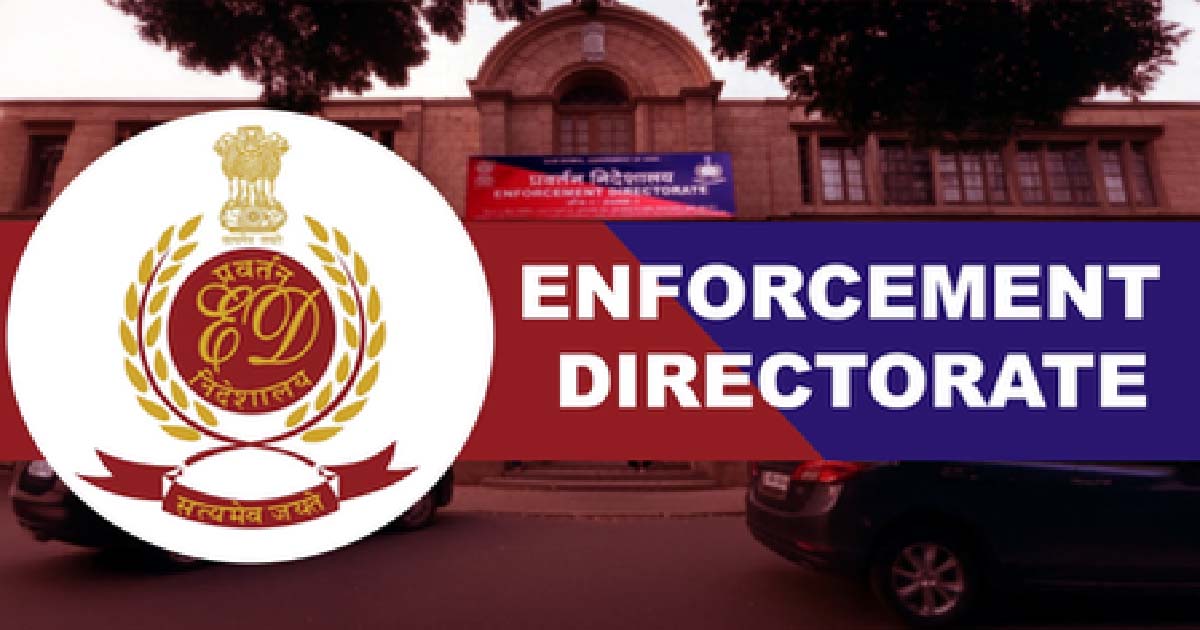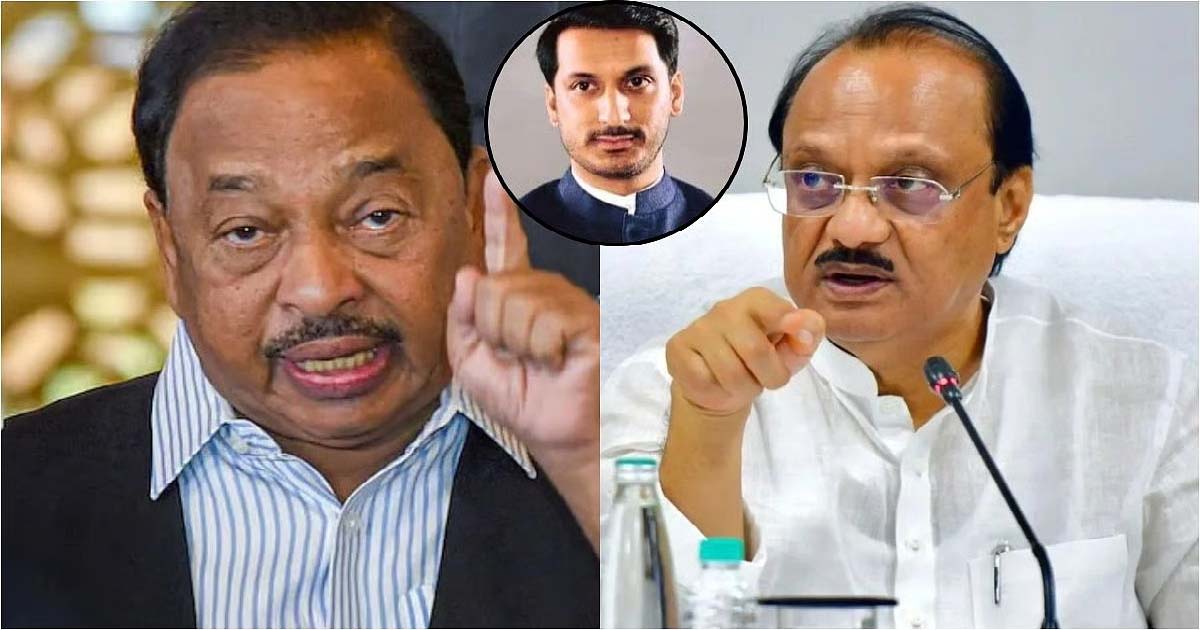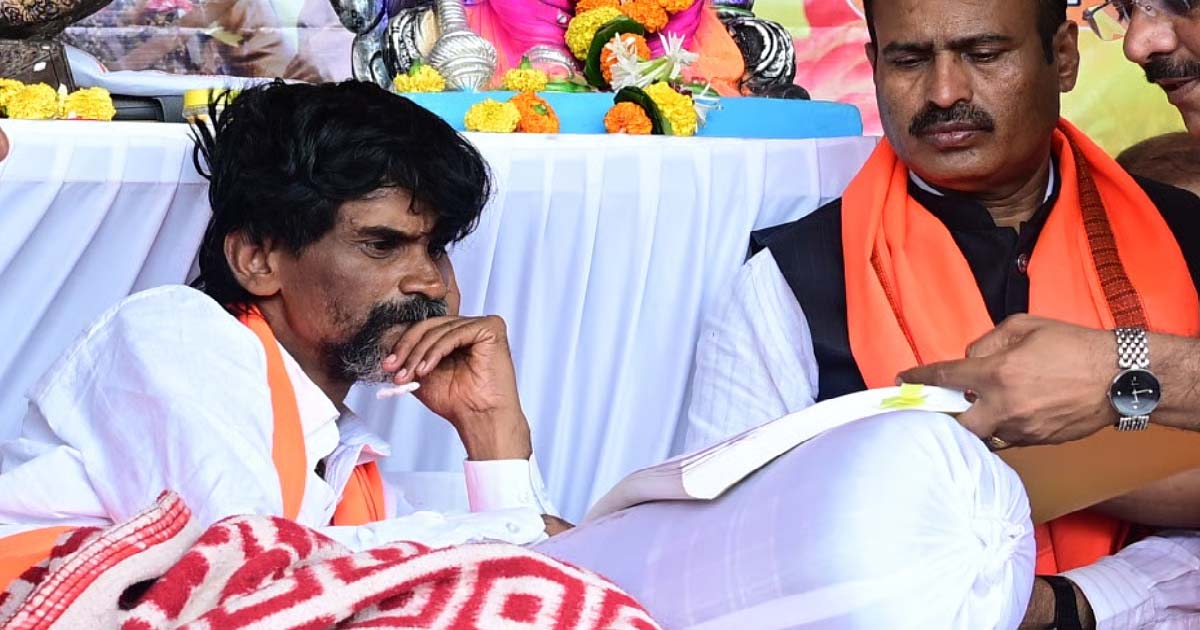National News
Congress MP Imran Masood calls for banning liquor during Navratri

Saharanpur, March 29: Congress lawmaker Imran Masood said on Saturday that not just meat shops, liquor establishments should be shut during the nine-day festival of Navratri and called for embracing and promoting the spirit of brotherhood and communal harmony.
“Everybody is demanding a ban on meat shops during Navratri. Why is no one asking for a ban on liquor shops? Why is there no outpouring on the free flow of liquor during Navratri? Will this not spoil the purity and sanctity of the festival?” Saharanpur MP said in a special interaction with media.
The Congress Parliamentarian said that peaceful celebration supersedes everything, and it is incumbent upon all communities to maintain decorum during festivities and also make certain sacrifices, be it Eid or Navratri.
Notably, Eid-ul-Fitr and Navratri are coinciding on the same day this year. Both festivals are set to fall on Monday, with little possibility of change in the Eid schedule on account of moon sighting.
Days ago, the Congress MP also extended support to the demands of a meat ban during Navratri celebrations. In an apparent message to the Muslim community, he said that nothing would change if one did not eat meat for ten days.
“What matters above everything is the peaceful co-existence of communities. At no point in time, the differences over food preferences lead to communal strife,” Masood told newspersons.
Congress MP, when asked questions on the party’s strategy for the Waqf (Amendment) Bill, said that the Opposition is fully prepared to take on the Centre on “partisan legislation”.
“We opposed the amendments in the JPC meeting, tooth and nail. We will strongly voice our dissent in Parliament too,” he said.
Notably, Union Home Minister Amit Shah said on Friday that the Waqf Bill will not be delayed any further and will be reintroduced in the ongoing session of Parliament.
Only four working days of the Budget Session are left, as it concludes on April 4.
Crime
ED probing shell firms linked to Bengal human trafficking racket

Kolkata, Nov 8: The Enforcement Directorate (ED) is examining bank accounts linked to a network of shell companies allegedly used to divert proceeds of crime generated through the multi-crore human trafficking racket operating in West Bengal.
The ED unearthed information about these shell companies following raid and search operations conducted on Friday at six locations across different parts of the state. During scrutiny, officials found that large sums were deposited into these accounts and withdrawn within hours, suggesting layering and diversion of illicit funds.
Sources said that through the ongoing examination of these accounts, the investigating officers are attempting to trace the ultimate beneficiaries of the racket.
Meanwhile, the ED issued a statement on Saturday confirming that during the raids, cash worth over Rs 1.01 crore, several digital devices, and property-related documents were seized.
“Several bank account details under the use and operation of the accused/suspect persons have been identified. Two high-end luxury vehicles, including a Land Rover Defender and a Jaguar, have also been frozen under the provisions of PMLA,” the agency stated.
According to the ED, the organised trafficking network operated primarily through bar-cum-restaurants and dance bars in West Bengal.
The central agency initiated its probe based on multiple FIRs registered by Kolkata Police and the West Bengal Police against the key operators of the human trafficking racket under various sections of the erstwhile Indian Penal Code and the Immoral Traffic (Prevention) Act. The ED subsequently registered an Enforcement Case Information Report (ECIR) under the Prevention of Money Laundering Act (PMLA).
Investigations have revealed that the accused exploited vulnerable women under false promises of employment, coercing them into prostitution, and generating substantial illegal proceeds in the process.
The accused identified so far include Jagjit Singh, Ajmal Siddiqui, Bishnu Mudra, and their associates, who allegedly played crucial roles in the financial and operational aspects of the racket.
National News
Maharashtra: ‘Children Can Grow Up But Must Be Obedient,’ Says BJP MP Narayan Rane On Ajit Pawar’s Pune Land Scam Reply

Mumbai, Nov 8: The controversial land deal linked to Deputy Chief Minister Ajit Pawar’s son, Parth, has given a new handle to the NCP stalwart’s traditional political rivals to target him over his response to allegations. The BJP, Shiv Sena, and NCP are constituents of the ruling Mahayuti alliance.
Responding to Ajit Pawar’s earlier remark that “when your children grow up, they do their own business,” BJP MP Narayan Rane on Saturday quipped, “Children can grow up, but they should be obedient. What more can I say about it?”.
Once a vocal critic of Ajit Pawar in the past, Rane refrained from making further comments on the issue.
Maharashtra minister and BJP leader Radhakrishna Vikhe Patil has said that Ajit Pawar’s “busy schedule” may have delayed his response to the controversy.
“If Ajit Pawar had acted when he first got wind of the Pune land issue, this situation might not have arisen. But considering his busy schedule, sometimes a few decisions happen automatically,” Vikhe Patil told reporters on Friday.
Vikhe Patil, a former Congressman, and the Pawars have been political rivals in western Maharashtra for decades.
The controversy pertains to the alleged illegal sale of 40 acres of government land in Pune’s Mundhwa area, reportedly worth around Rs 1,800 crore, which Opposition leaders claim was purchased by a company linked to Ajit Pawar’s son Parth for only Rs 300 crore with a stamp duty waiver.
While an FIR was registered on Thursday against three persons, including one of the partners in the company and a government official, for causing loss to the exchequer, Ajit Pawar denied any connection to the transaction.
He had heard of the matter a few months ago and made it clear that he would not tolerate any wrongdoing, he said.
National News
Mumbai Police Summons Maratha Activist Manoj Jarange-Patil & 5 Others

Mumbai: Mumbai Police on November 8 has summoned Maratha activist Manoj Jarange-Patil and five others to appear before the investigating officer at Azad Maidan Police Station on November 10.
The Maratha activist and five others have been called between 11 am and 1 pm on November 10.
The summons relate to violations during Jarange-Patil’s hunger strike at Azad Maidan, where police allege rules and Bombay High Court guidelines were breached.
-

 Crime3 years ago
Crime3 years agoClass 10 student jumps to death in Jaipur
-

 Maharashtra1 year ago
Maharashtra1 year agoMumbai Local Train Update: Central Railway’s New Timetable Comes Into Effect; Check Full List Of Revised Timings & Stations
-

 Maharashtra1 year ago
Maharashtra1 year agoMumbai To Go Toll-Free Tonight! Maharashtra Govt Announces Complete Toll Waiver For Light Motor Vehicles At All 5 Entry Points Of City
-

 Maharashtra1 year ago
Maharashtra1 year agoFalse photo of Imtiaz Jaleel’s rally, exposing the fooling conspiracy
-

 National News1 year ago
National News1 year agoMinistry of Railways rolls out Special Drive 4.0 with focus on digitisation, cleanliness, inclusiveness and grievance redressal
-

 Maharashtra12 months ago
Maharashtra12 months agoMaharashtra Elections 2024: Mumbai Metro & BEST Services Extended Till Midnight On Voting Day
-

 National News1 year ago
National News1 year agoJ&K: 4 Jawans Killed, 28 Injured After Bus Carrying BSF Personnel For Poll Duty Falls Into Gorge In Budgam; Terrifying Visuals Surface
-

 Crime1 year ago
Crime1 year agoBaba Siddique Murder: Mumbai Police Unable To Get Lawrence Bishnoi Custody Due To Home Ministry Order, Says Report












